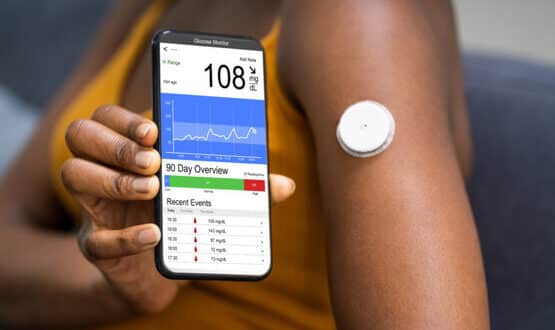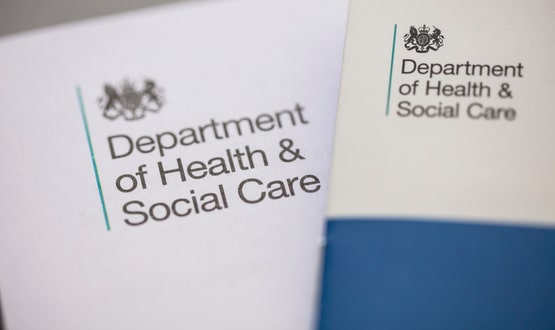Nottingham City Council speeds up hospital discharge with Lilli technology
- 7 June 2023

Lilli, a company using machine learning (ML) to improve home care, has recently announced transformational results from its Discharge to Assess (D2A) trial with Nottingham on Call.
Nottingham on Call is the telecare service provided by Nottingham City Council Housing Services (NCCHS), formerly Nottingham City Homes.
Launched in April 2022, the remote monitoring pilot has accelerated hospital discharge by 16 days, relieving pressure across an overstretched health and social care system and empowering vulnerable adults to live safely and independently in their homes for longer.
Lilli’s proactive monitoring technology has also increased the capacity of care resources throughout the Nottinghamshire region by generating additional care hours equivalent to those of 6.6 full-time employees during the pilot.
This has helped to demonstrate cash savings of £53,588 – and by enabling more people to live happily at home rather than going from hospital into residential care, NCCHS stands to realise even more cost, time and resource efficiencies.
The pilot, delivered in partnership with Nottingham City Council Adult Social Care as part of an ICS-wide project to enhance home care for newly discharged patients from hospital wards, saw Lilli’s technology being deployed in the homes of 48 service users with a diverse range of care and support needs.
The real-time data and insights provided by Lilli were integrated into the NHS D2A pathway to help support quicker and safer hospital discharge, empowering frontline social care teams to deliver the best possible care for people in the comfort of their own homes.
Addressing bed blocking
Lilli’s remote monitoring solution has enabled targeted, evidence-based decision-making, identifying the optimum care package for each individual and supporting appropriate changes in the level of ongoing care they receive.
By providing a simpler and more efficient way to discharge people from hospital quicker, Adult Social Care has been able to better manage its precious care resources, allocating them to where they are most needed to reduce the number of crisis events and delay entry into permanent round-the-clock care.
These achievements come at a time when one in three English hospital beds remain occupied by patients fit for discharge, due to surging demand and resource constraints across adult social care.
Prolonged hospital stays have been shown to be detrimental to individuals’ overall health, with impacts ranging from increased risk of falls and sleep deprivation to mental and physical deconditioning.
Lilli technology is helping to address the bed blocking challenge by enabling the safe and timely discharge of people to their home environment to receive the best standard of care, supporting the overall flow of the health and social care system.
Dave Miles, development manager at Nottingham on Call (NCCHS), commented: “Only nine months in, care outcomes for vulnerable adults across the region have been transformed. Our frontline teams now have a much deeper layer of information about the service users in their care.
“The evidence and data gained has also assisted social workers in providing much-needed reassurance to family and wider circles of support that service users can live safely and independently in the comfort of their homes.”
Nick Weston, chief commercial officer at Lilli, added: “We are thrilled with the results of this trial – and the tangible difference that has been made to service users and care staff across Nottinghamshire.
“Our mission is to make better lives happen, and supporting the timely discharge of people from hospital into independent home living is a huge part of this, as it galvanises a whole range of positive health and care outcomes.
“We look forward to continuing to support NCCHS and regional care teams as they allocate their invaluable resources to where they are needed most.”
Recently, Lilli announced a partnership wtih digital care management provider Nourish Care to support local authorities and care providers in the successful implementation of digital social care records (DSCR) and services designed to help prevent falls and improve the overall quality, safety and personalisation of adult social care.




